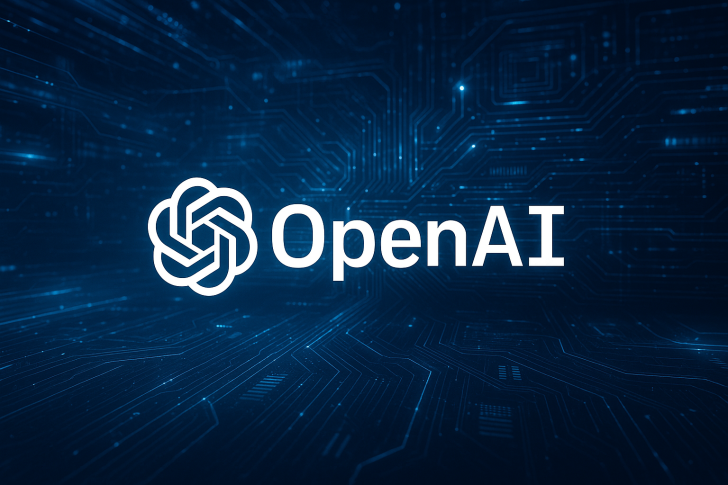Nvidia CEO Jensen Huang recently made waves with his prediction that OpenAI could reach a $1 trillion valuation. This isn't just another tech exec making headlines—it's a signal from someone with unique insight into AI's trajectory. As the company powering the chips behind most major AI models, Nvidia has a front-row seat to the industry's explosive growth, making Huang's words particularly noteworthy.
Why This Prediction Matters
In a recent tweet, unusual_whales reported that Huang's forecast carries weight because Nvidia isn't just watching the AI boom—it's fueling it. The company's GPUs run the massive language models that power ChatGPT, Claude, and Gemini. With visibility into global AI infrastructure demand, Huang sees trends others don't. Right now, those trends point upward: businesses are weaving AI into everything from customer service to data analysis, Microsoft's billion-dollar backing gives OpenAI serious scaling power, and investor appetite for AI remains strong despite market choppiness.
The Path to a Trillion
Getting to $1 trillion won't happen overnight. OpenAI needs a few things to fall into place: expanding ChatGPT Enterprise and APIs across more industries, building steady revenue through subscriptions and licensing deals in sectors like healthcare and finance, and forming partnerships that embed AI into critical systems worldwide. The fundamentals are there, but execution is everything.
The road has its share of potholes. Regulators in the U.S. and Europe are crafting AI rules that could slow things down. Competition is heating up too—Anthropic, Google, and a wave of startups are all fighting for market share. OpenAI will need to push beyond text-based models and nail multimodal AI to keep its edge and justify that kind of valuation.
Huang's trillion-dollar call isn't just about one company. It's about AI becoming infrastructure—as fundamental to business as electricity or the internet. If OpenAI keeps innovating, navigates regulation smartly, and stays ahead of rivals, hitting that trillion-dollar mark becomes less about "if" and more about "when." The question now is whether OpenAI can deliver on the hype.
 Saad Ullah
Saad Ullah

 Saad Ullah
Saad Ullah


